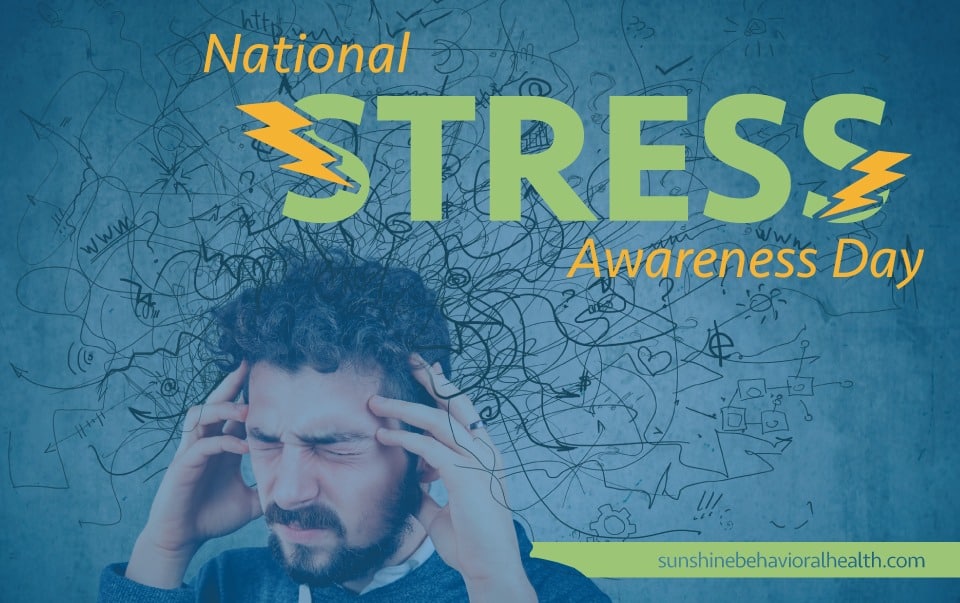
National Stress Awareness Day: Stress Can Have a Silver Lining
Causes of stress are all around us. Work. Being out of work. Final exams. Relationship woes. Fear of you or a loved one catching COVID-19. The possible triggers are endless. Since April 18, 2020 was National Stress Awareness Day (and part of National Stress Awareness Month) how about we take a look at it in a different way? In the here and now, sure, stress feels plain awful. Long-term, it can build up and lead to sleepless nights and headaches. It can also do a number on your digestive, immune, and cardiovascular systems. But did you know it can also be good for you? The National Institute of Mental Health explains that there are some benefits, even life-saving ones, to stress. First off, if you’re in danger, stress lets your body know you need to get ready to fight or flee. This is known as the famous fight or flight response. Your pulse speeds up, your breathing quickens, and your muscles tense. That all works together to sharpen your mind as well as your reflexes, priming you for survival. In less dangerous situations, stress can serve as a solid motivator. With a deadline looming or a job interview on the calendar, that extra stress can give you a little added push to achieve. Moderate stress can even help your immune system. Your body produces interleukins, which are proteins and other molecules that help protect against infections. Chronic stress, in contrast, reduces immunity and spikes inflammation. So, as with so many other things, balance is the key. Unfortunately, some people resort to drugs or alcohol when they’re feeling stressed. In truth, that only causes more problems in the long run. There are other ways to cope that are better for you. Consider:- Exercise: 30 minutes a day — walking counts — is good for your mood and your health.
- Relaxation: Yoga or meditation help soothe and recharge. Giving yourself time to recharge can help restore your system and prime it to fight stress.
- Connect: Keep in touch with people who are good for your spirits. Sometimes a little conversation is a good distraction.
- Eat healthy: A balanced diet gives you the nutrients to stay healthy. Too much junk food can lead to health problems and, yes, more stress. (Type 2 diabetes or pants that won’t go past your hips: Neither is likely to produce happy feelings.)
- Set goals and boundaries: Know your limits. At the end of the day, consider what you’ve completed, not what you haven’t finished. If you’re overwhelmed, don’t be afraid to say no.
- Talk to a professional: This can be your doctor about managing anxiety, or a therapist to work on coping strategies.
A Message From Our CEO
Medical disclaimer:
Sunshine Behavioral Health strives to help people who are facing substance abuse, addiction, mental health disorders, or a combination of these conditions. It does this by providing compassionate care and evidence-based content that addresses health, treatment, and recovery.
Licensed medical professionals review material we publish on our site. The material is not a substitute for qualified medical diagnoses, treatment, or advice. It should not be used to replace the suggestions of your personal physician or other health care professionals.





